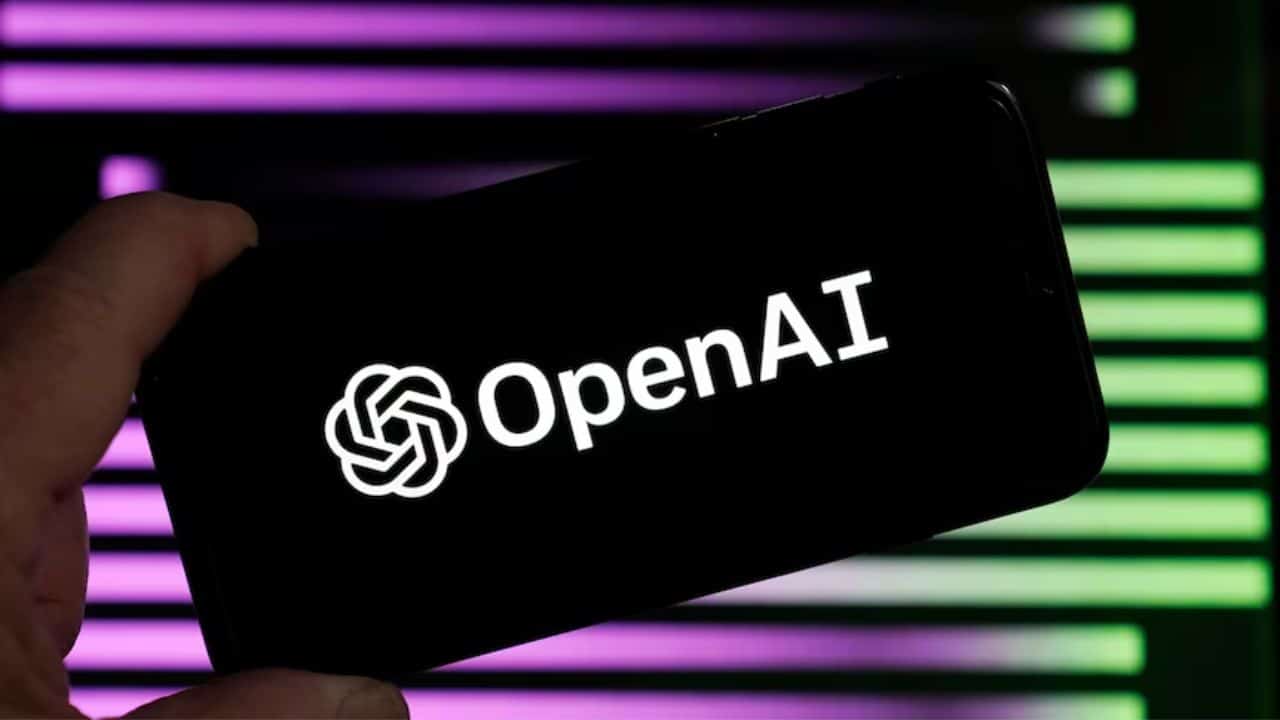In a groundbreaking development, machine learning company OpenAI is reportedly on the verge of introducing a sophisticated voice assistant that could revolutionize the world of automated customer service and personal AI interactions. According to an exclusive report by The Information, this cutting-edge technology boasts both audio and visual capabilities, including the ability to detect sarcasm – a feature that could prove invaluable in navigating the complexities of human communication.
Enhancing Existing Customer Service Technology
The upcoming AI assistant, details of which were shared by an insider familiar with the project, is expected to build upon and improve the automated customer service agent technology that OpenAI already provides. By incorporating advanced sarcasm detection, the new assistant could potentially elevate the quality and efficiency of customer interactions, addressing a common pain point in the realm of automated support.
Multimodal Capabilities: A Game-Changer
Beyond its sarcasm-detecting prowess, the AI assistant is said to possess an array of impressive features that could set it apart from existing voice assistants. Two individuals who have witnessed the technology firsthand revealed to The Information that the assistant can engage in conversation with users, recognize objects and images, and demonstrate enhanced logical reasoning capabilities.
These multimodal abilities could pave the way for a wide range of groundbreaking applications. For instance, the assistant could serve as a virtual tutor, helping students with papers or math problems, or provide real-time information about a user’s surroundings, such as translating signs or offering guidance on car repairs.
Potential Integration with ChatGPT
The implications of this new technology extend far beyond customer service. The Information suggests that OpenAI may eventually integrate the multimodal model into the widely popular and freely accessible chatbot, ChatGPT. Such a move would not only expand the capabilities of the already impressive AI tool but also bring the company closer to realizing CEO Sam Altman’s vision of creating a more comprehensive and useful AI assistant.
Challenges and Limitations
While the prospects of this advanced voice assistant are undeniably exciting, it is essential to acknowledge the challenges that come with pushing the boundaries of AI technology. One person familiar with the multimodal model disclosed to The Information that it is still susceptible to “AI hallucinations”—instances w where the model generates responses that are not grounded in reality.
As OpenAI continues to refine and develop this technology, addressing such limitations will be crucial to ensuring the assistant’s reliability and effectiveness in real-world applications.
The Future of AI Assistants
The anticipated unveiling of OpenAI’s new voice assistant marks a significant milestone in the evolution of AI technology and its potential to transform various aspects of our lives. With its sarcasm detection, multimodal capabilities, and enhanced reasoning skills, this assistant could redefine the way we interact with AI, both in customer service settings and beyond.
As we eagerly await the official announcement, which is expected to take place during OpenAI’s upcoming livestream focusing on updates to their GPT technology, it is clear that the future of AI assistants is brimming with possibilities. While the prospect of falling in love with a virtual assistant, à la “Her,” may still be a distant reality (no sarcasm intended), the advancements showcased by OpenAI’s latest creation undoubtedly bring us one step closer to a world where AI seamlessly integrates into our daily lives, enhancing our experiences and expanding our capabilities.
Information Sources: Business Insider and Yahoo.




































